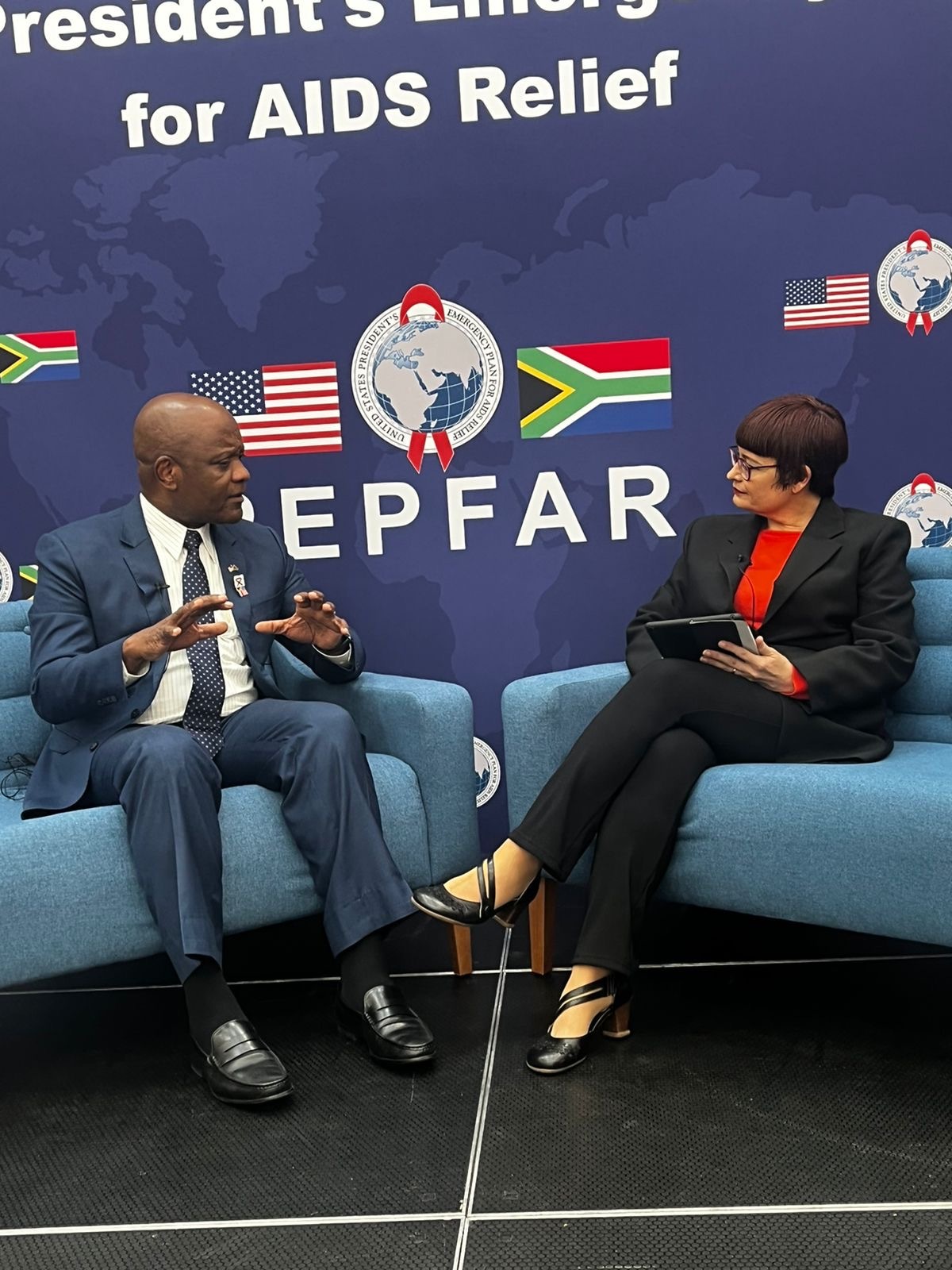
... from the German government as a three-person health desk at the Mail & Guardian. The weekly was the most respected political and investigative publication in the country but its health coverage was limited to sponsored supplements and breaking news.
Our aim: to bring public health issues into the national conversation by creating easy-to-understand, evidence-based reporting. We grandly dubbed ourselves the Bhekisisa Centre for Health Journalism after the isiZulu word meaning “to scrutinise” and a far off vision to live up to our name.
Three years later funding from the Bill & Melinda Gates Foundation allowed us to create our own website and expand to six full-time staff. In 2017, we received NGO status and, by 2018, our online audience had grown almost fortyfold.
All those eyeballs on our stories were exciting, as were the awards we kept collecting. But more gratifying was seeing our impact on policy and decision-making. Academics, activists and political leaders were closely following our work. We were setting agendas on issues like abortion access and traditional circumcisions. We were defining national conversations on rape, the National Health Insurance plan, broken hospitals and exhausted doctors. We were standing in front of Parliament presenting our research about the lack of access to sanitary pads for poor learners.
It was time to take another leap. In July 2019, it was official: the Bhekisisa Centre for Health Journalism separated from the Mail & Guardian and became an independent nonprofit media group. Nobody in the world expected what would come next. But when COVID-19 hit South Africa eight months later in March 2020, our team ended up leading pandemic reporting for the entire country.
The past 10 years have flown by. We now have a 16-strong staff component, an average monthly readership of 160 000 and our very own monthly TV programme.
Here’s to 10 more years!
Mia Malan
Executive Director and Editor-in-Chief
In addition to the Bhekisisa website, our stories are distributed at no-cost to our media partners, including News24, the Daily Maverick, Financial Mail, TimesLive and the Mail & Guardian. Our work is referenced by other media groups; our reporters are often asked to be expert sources by other journalists.
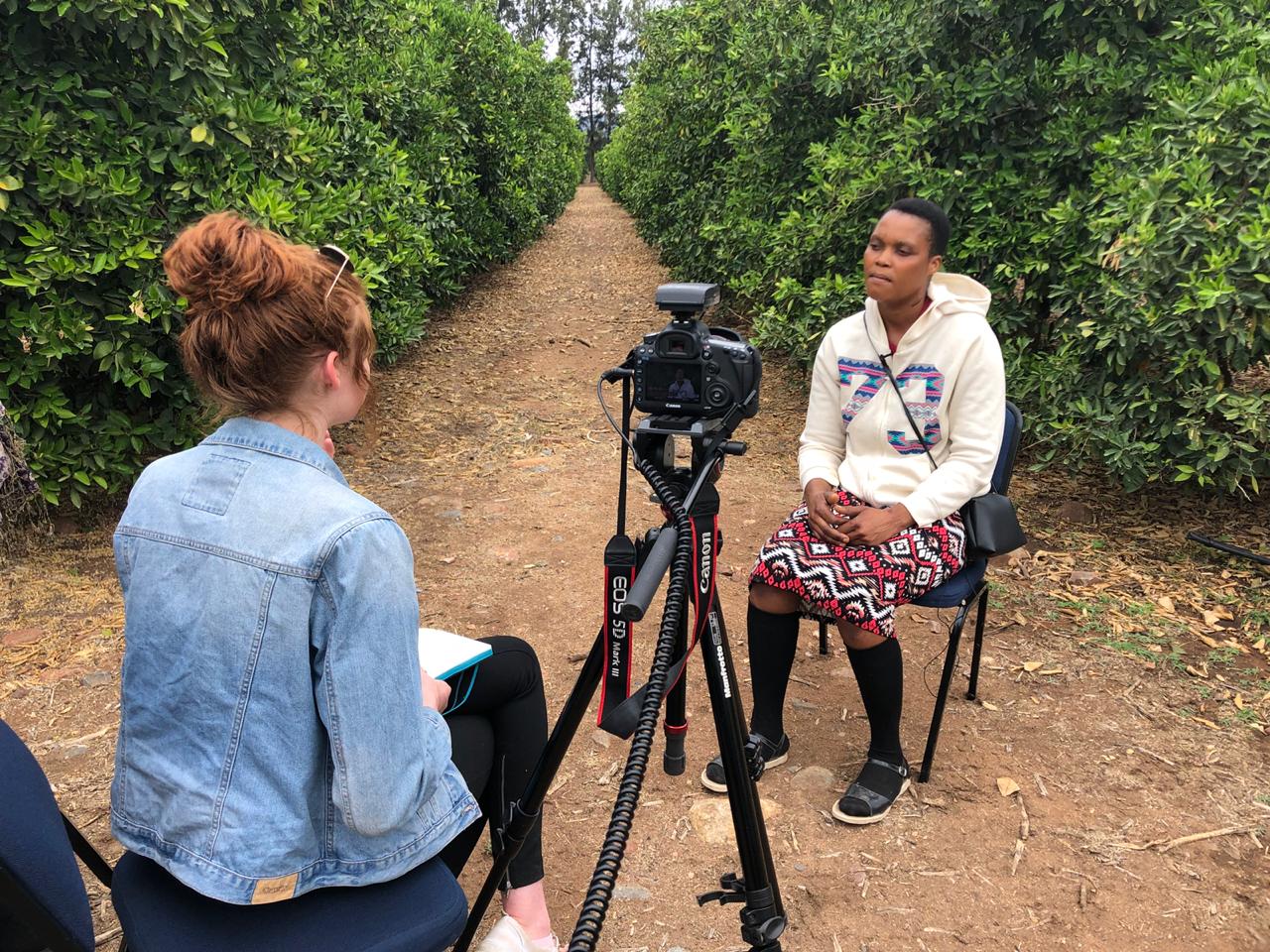

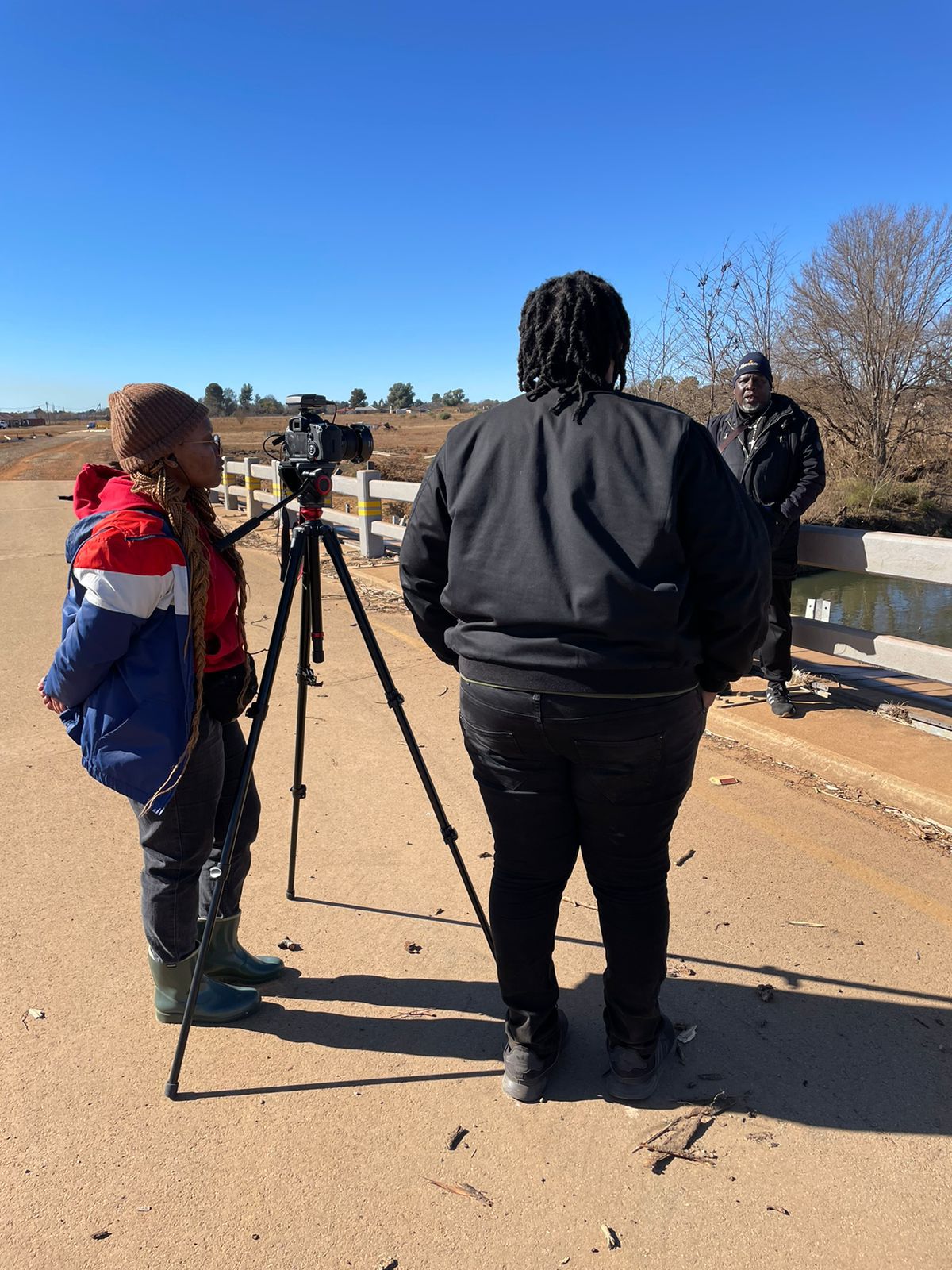
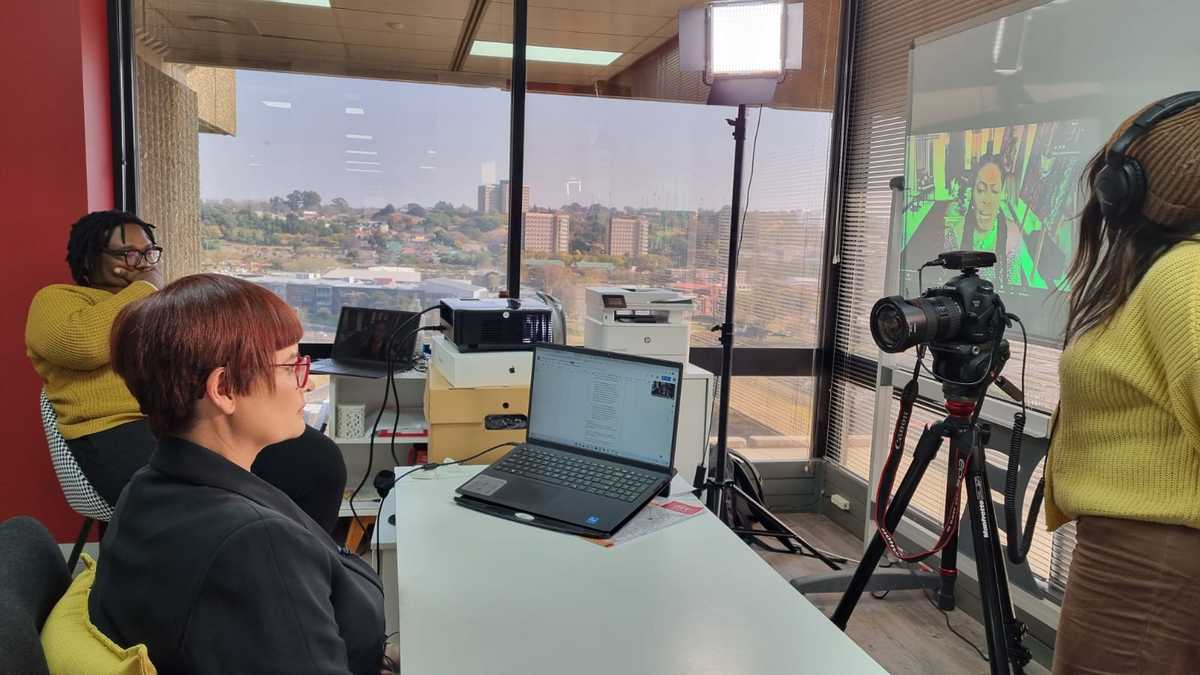

Bhekisisa’s reporters are trained in evidence-based reporting and narrative-driven solutions journalism. Using this approach, we explain complex science and policy so people can understand how it impacts their lives.
In the Xhosa community, initiation is a rite of passage into manhood. But in 2013, botched circumcisions - administered by inexperienced, untrained practitioners - left dozens of young men dead and disfigured.
Our story gave voice to the young men left with permanently injured penises, or without any penis at all. We spoke with the men and their families and to healthcare providers. We examined the research around the practice and offered some solutions.
Two months after publication, six medical teams were placed on standby for the Christmas initiation season - the first concrete move toward integrating medical male circumcision and traditional initiation in Pondoland. One of the doctors we quoted was flown to Tshwane by the health minister to give his input for a report with suggestions on how to solve the problem. And Wits University and the National School of the Arts produced a play based on the story, which was performed around the country.
Following the changing media environment, we expanded onto multiple platforms and formats, including newsletters, video, podcasts, interactive reports, data journalism and creative storytelling on social media. In August 2022, we launched the country’s first specialist TV programme focusing on health policy, and broadcast on eNCA.
We maintain our standard of reporting through skills training and expert oversight, mentoring the next generation of health reporters. We are proud that 90% of the journalists who have worked for Bhekisisa over the past 10 years are still in healthcare reporting. Our new public health fellowship programme will host an academic or activist working in our newsroom, immersing them in the health community and honing communication skills.
Our reporting aims to inform and support accountability and transparency throughout the public health process, including the creation and implementation of evidence-based health and social justice policies. By illuminating solutions for good health policies that work — and those that don’t — we expose the structural problems and possible ways to repair our systems.
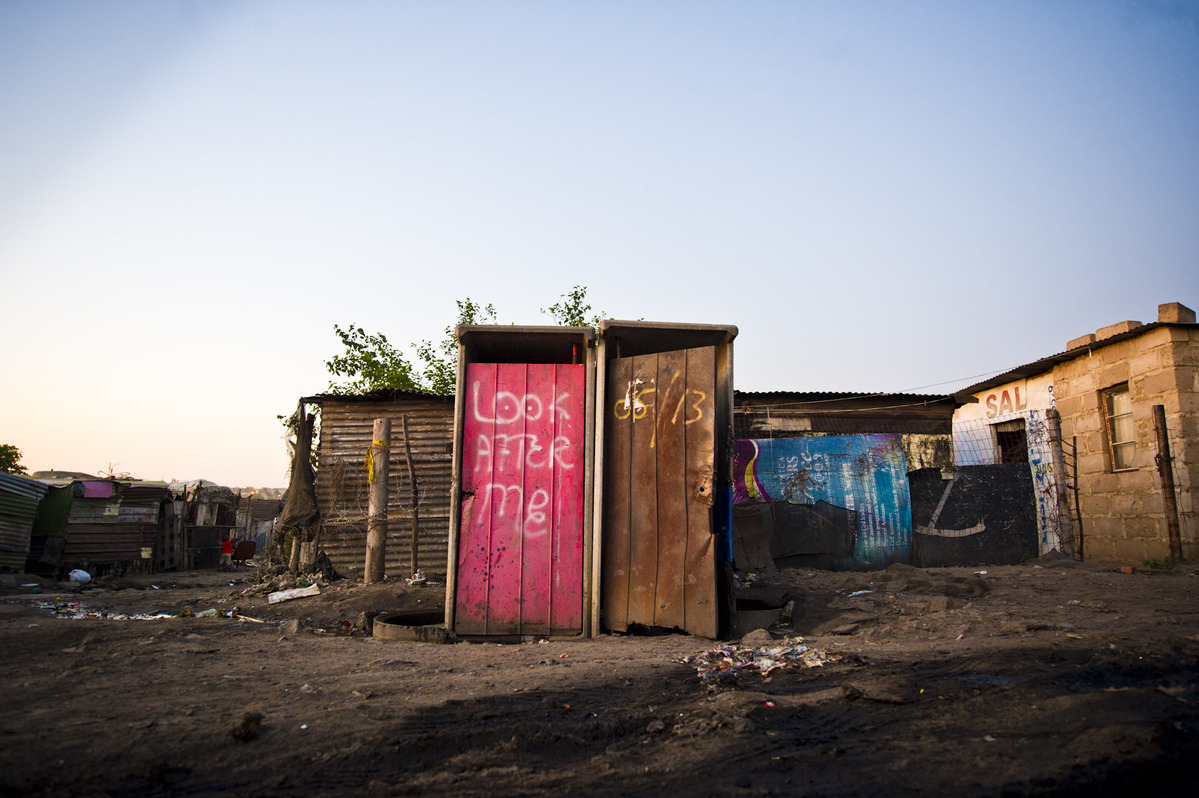
Rape and gender-based violence is endemic in South Africa. Our story on the impoverished township of Diepsloot in Johannesburg delved into the tragic reality of child rape. In 2015, we spoke with victims, community workers, officials and experts to find out why it was so pervasive and what could be done to prevent it from happening.
Following publication, a United Nations delegation visited the area for an international strategy document on child rape. Donations poured into The Green Door, the organisation highlighted in the article. Free legal help was provided to help to register the NGO and form a board so it could apply for funding.
But the Diepsloot police spokesperson was furious with The Green Door’s Brown Lekekela for talking about the issue. He was harassed by police and his family was threatened. We intervened, reporting the spokesperson to the national police commissioner, and Lekekela was forced to retire.

The world ground to a halt in March 2020. Readers needed reliable easy-to-understand information about COVID-19. We created digestible bits of complex information for social media, explaining everything from vaccine side effects to complex policy concepts. Our platforms turned into real-time town hall discussions.
Government officials turned to us for help. Following a series of social media explainers, South Africa’s medicines regulator contacted us for advice on how to break down information for journalists; the health department wanted feedback about its national vaccine dashboard.
When a travel ban was imposed on African countries, following South African scientists' identification of the Omicron variant, we picked up our pen. Our op-ed went viral.
The piece was used to convince the Canadian government to drop the ban and it was quoted at a World Health Organisation Council meeting to explain why the restrictions were racist, discriminatory and unscientific. Within 10 days of the publication, the UK and Canada dropped their bans; others followed soon after.
To help readers understand the complicated process of scientific research, we compared the process to a hamburger recipe. At the time, political leaders were pressuring the South African government to consider Russia’s Sputnik V vaccine. We showed that the research underlying the work was poorly done, despite the paper undergoing peer review prior to being published in The Lancet.
Two months after publication, South Africa’s medicines regulator announced that the Sputnik V vaccine did not pass the country’s safety tests and did not approve the vaccine for use in the country.
Our op-ed workshops train scientists, activists and policymakers in writing solutions-based stories on crucial issues, such as the National Health Insurance scheme, which help hold the government accountable. We are also asked to provide health journalism training to colleagues in South Africa and beyond.
Our events bring together and grow South Africa’s health ecosystem by facilitating discussions with high-ranking government officials, academics and activists. Local and international health organisations often ask us to moderate and speak on health and social justice policy panels. And we work and partner with global and local media organisations.
